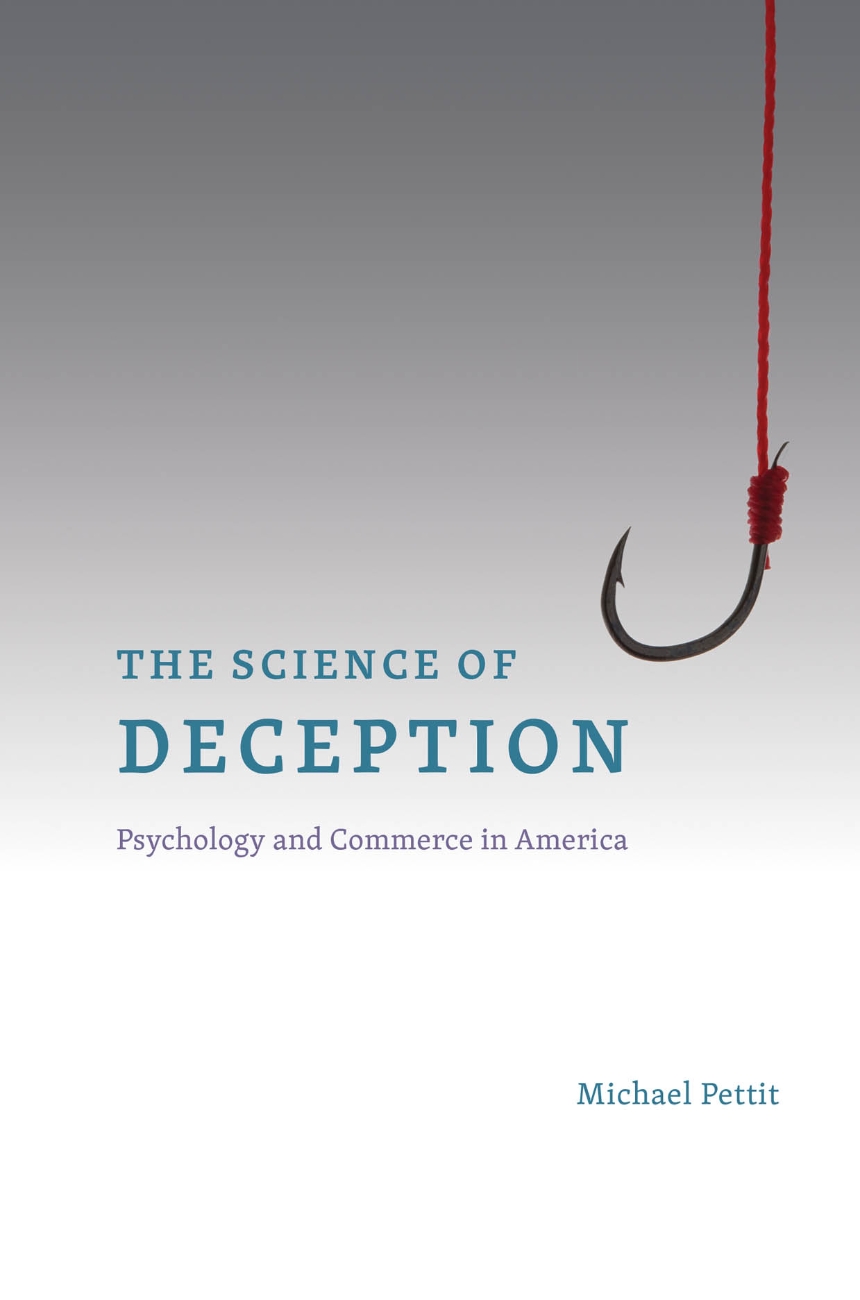The Science of Deception
Psychology and Commerce in America
312 pages | 5 halftones | 6 x 9 | © 2012
History: American History, History of Technology
Language and Linguistics: Language and Law
Reviews
Table of Contents
Introduction
Chapter 1. “Graft Is the Worst Form of Despotism”: Swindlers, Commercial Culture, and the Deceivable Self
Chapter 2. Hunting Duck-Rabbits: Illusions, Mass Culture, and the Law of Economy
Chapter 3. “Not Our Houses but Our Brains Are Haunted”: The Arts of Exposure at the Boundaries of Credulity
Chapter 4. The Unwary Purchaser: Trademark Infringement, the Deceivable Self, and the Subject of Consumption
Chapter 5. Diagnosing Deception: Pathological Lying, Lie Detectors, and the Normality of the Deceitful Self
Chapter 6. Studies in Deceit: Personality Testing and the Character of Experiments
Conclusion. Barnum’s Ghost Gives an Encore Performance
Notes
Bibliography
Index
